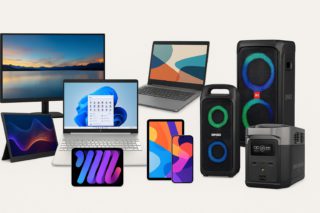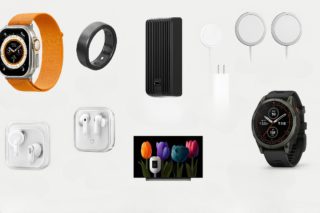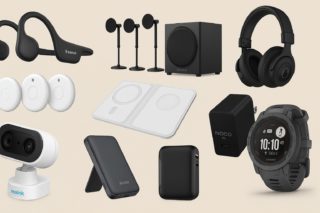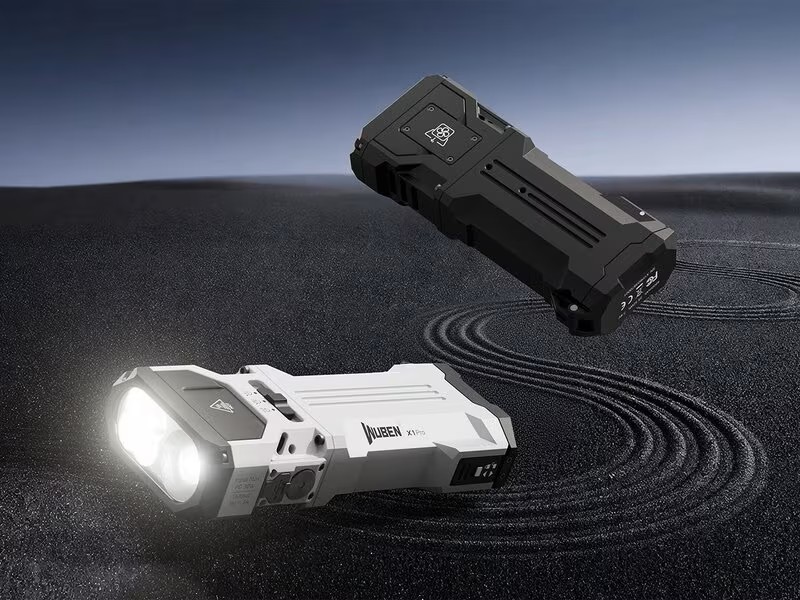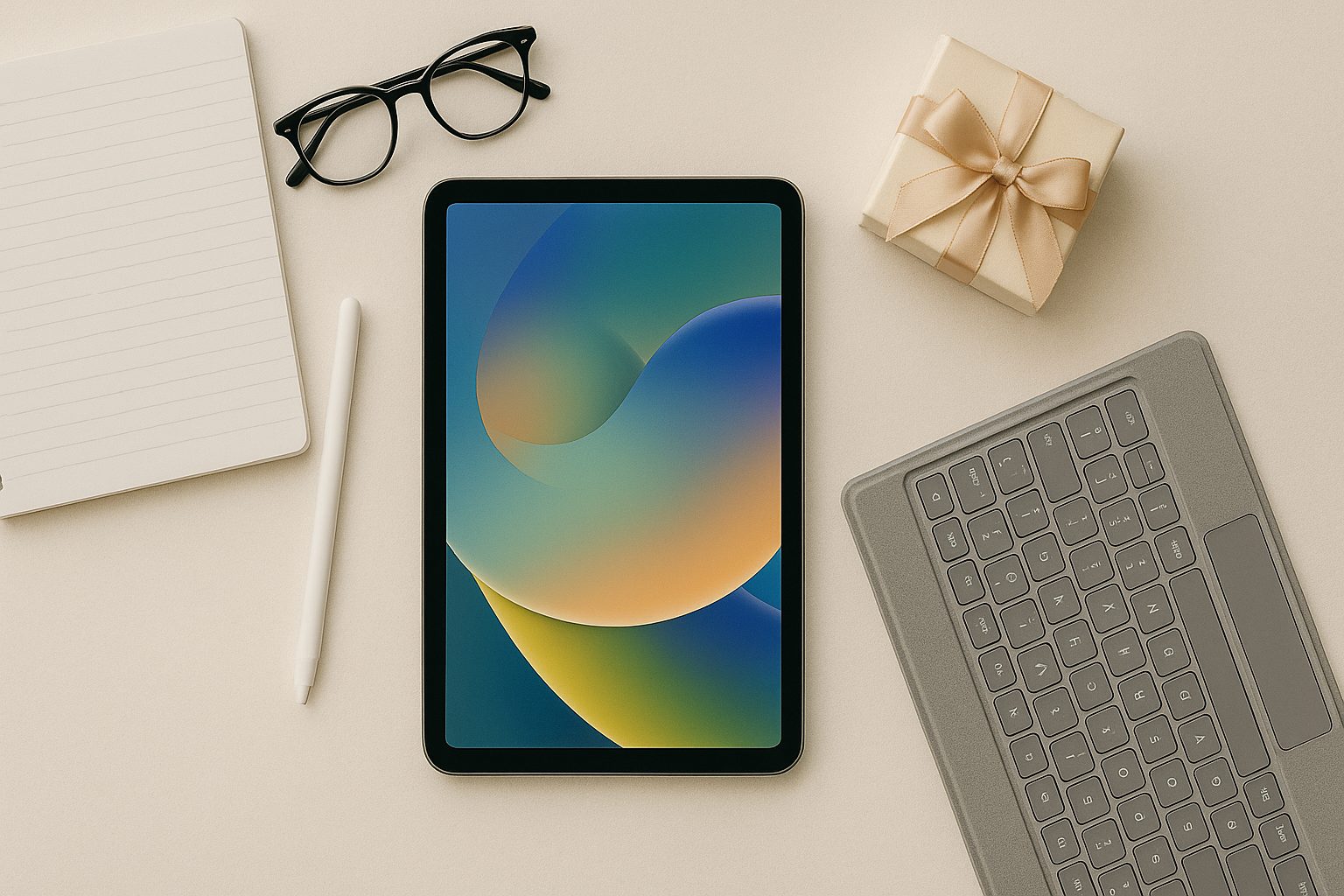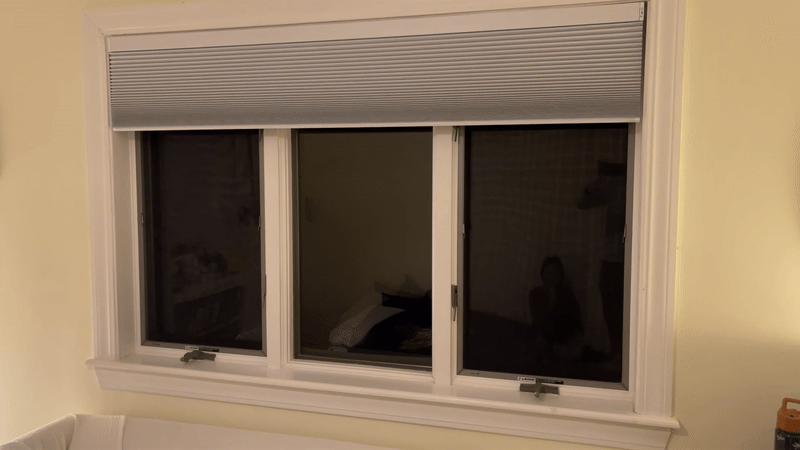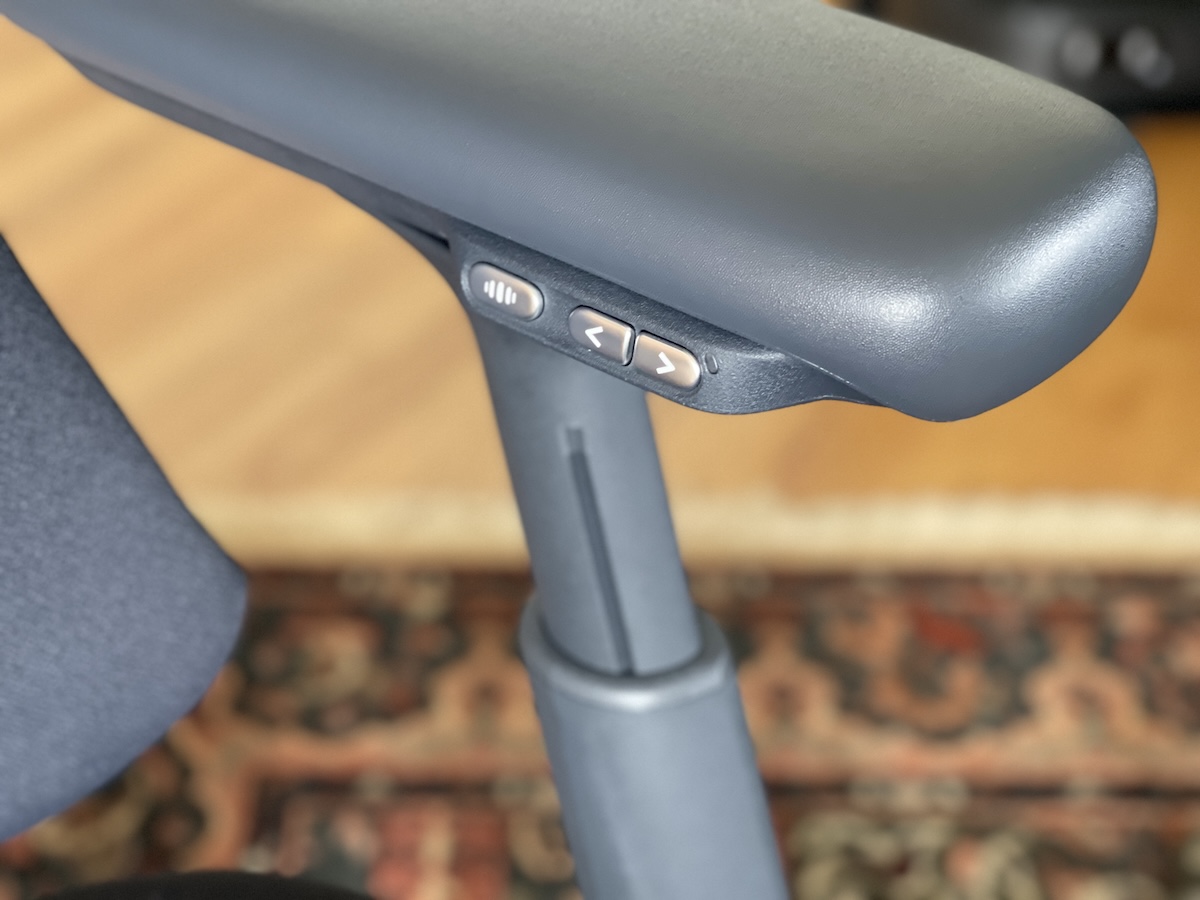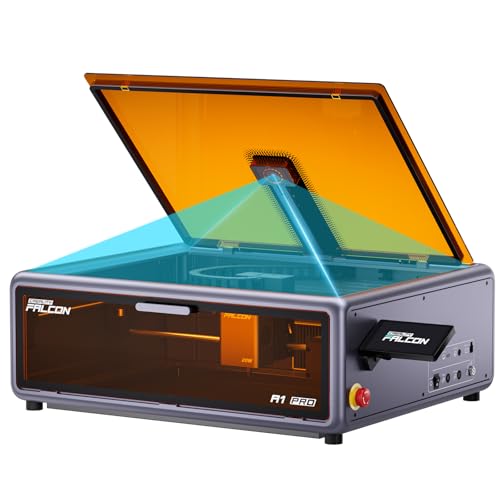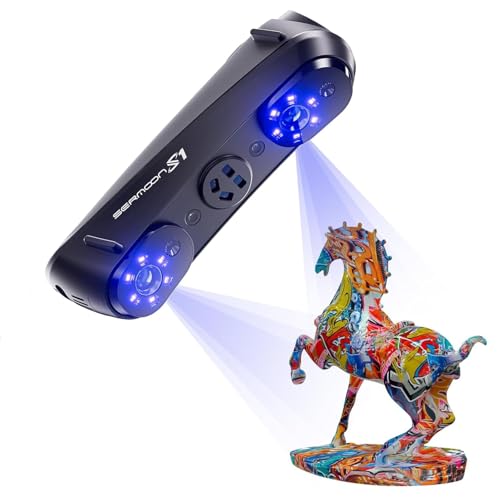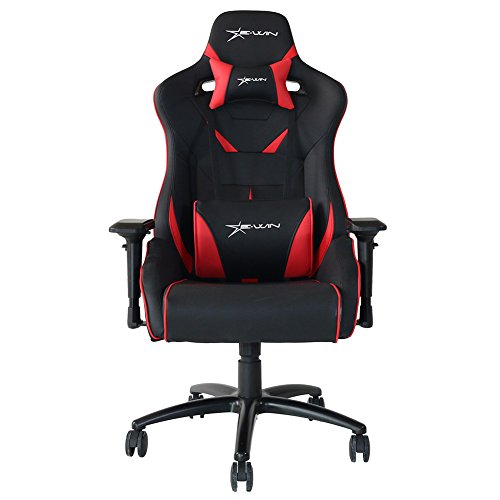Racing to catch a flight while your 78-year-old mom lives alone three states away? That familiar knot in your stomach has company—seniors overwhelmingly want to age in place, but family anxiety about their safety runs just as high. Smart technology finally bridges that gap without turning homes into surveillance states. Services like Life Assure highlight how a simple device can offer immediate help at the press of a button, giving seniors the confidence to go about their day while giving loved ones peace of mind.

Medical Alert Systems Get a Modern Makeover
Today’s emergency devices work quickly and look nothing like your grandmother’s pendant.
Modern medical alert systems have ditched the bulky, stigma-laden designs for sleek wearables that rival Apple Watches. GPS tracking means help finds your dad even during his morning walk, while fall detection sensors automatically trigger alerts without requiring him to press anything. Most systems activate emergency response in under 30 seconds—faster than most pizza deliveries.
Your peace of mind increases exponentially when emergency dispatch knows exactly where help is needed, whether he’s in the kitchen or wandering the neighborhood. These modern devices offer 24/7 monitoring with direct communication to response centers and text notifications to caregivers.
Smart Home Control That Preserves Dignity
Remote door locks and lighting controls let you help without helicoptering.
Video doorbells and smartphone-controlled locks address security concerns while maintaining independence. Your mom can grant access to housekeepers or neighbors without getting up, while you monitor visitor activity from your office in another city. Smart thermostats and lighting systems provide remote control over daily comfort settings.
Video calling apps and simplified tablets allow older adults to connect with loved ones face-to-face, even if they’re miles apart. Independence doesn’t require isolation—it just needs better tools. These systems reduce risks like leaving doors unlocked while supporting privacy without invasive oversight.
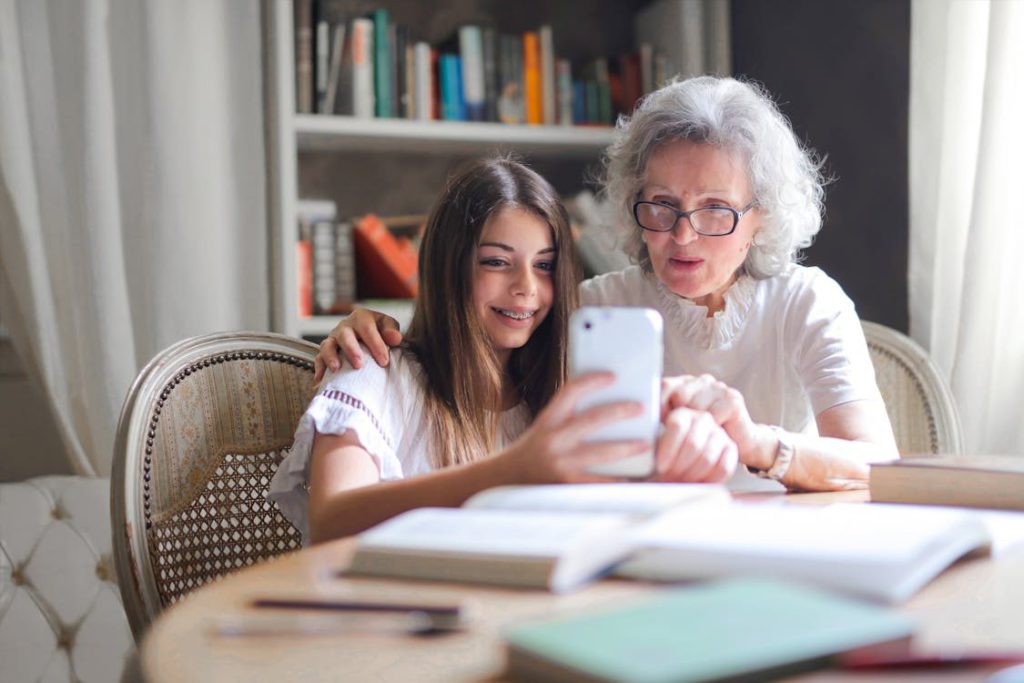
AI Health Monitoring Without the Big Brother Vibes
Pattern recognition catches problems before they become emergencies.
Movement sensors and sleep monitors detect subtle changes in routine that signal brewing health issues—like spending more time in bed or walking more slowly to the bathroom. These monitoring systems alert family members to concerning trends before they escalate into 3 AM emergency calls. Privacy controls keep data sharing user-managed rather than corporate-controlled.
Telehealth platforms integrate seamlessly with these monitoring systems, connecting seniors with providers for checkups, mental health counseling, and prescription management without travel requirements. AI adjusts reminders and service requests to match individual preferences.
The reality check: Start with one device before building a connected ecosystem. Monthly subscriptions typically run $20-60, and Medicare coverage remains limited, though some Medicare Advantage plans may contribute to costs. Investing in technology that extends independence provides both peace of mind for families and maintained autonomy for aging adults. Your parents keep their dignity while you sleep better knowing reliable help is always available.





